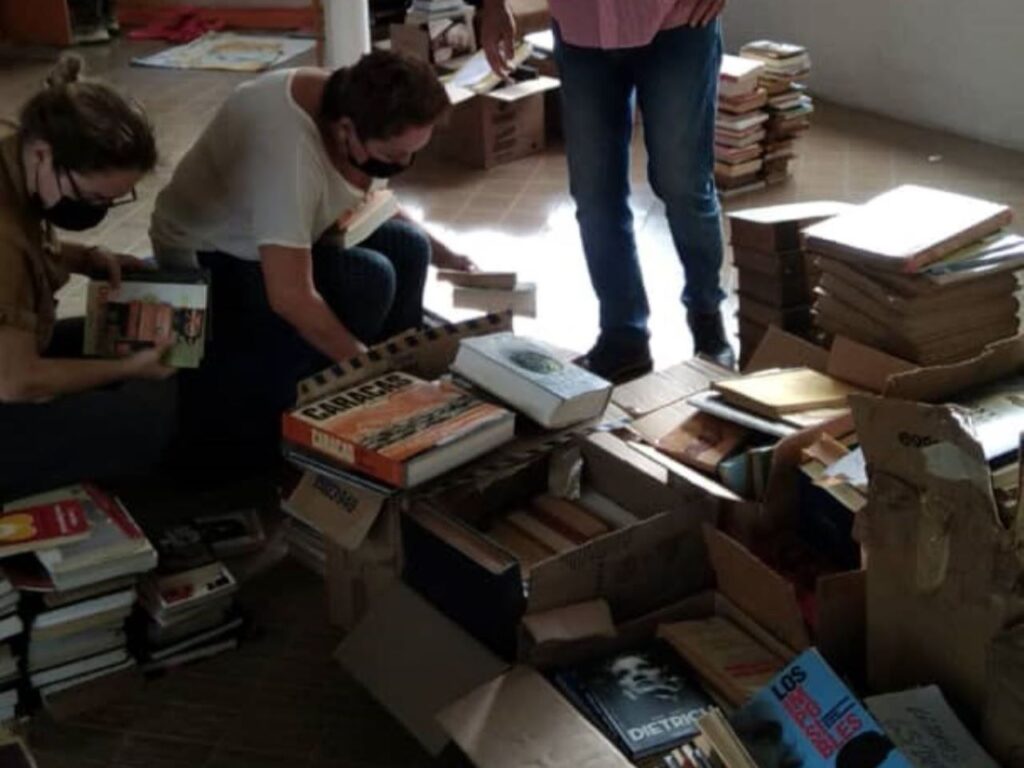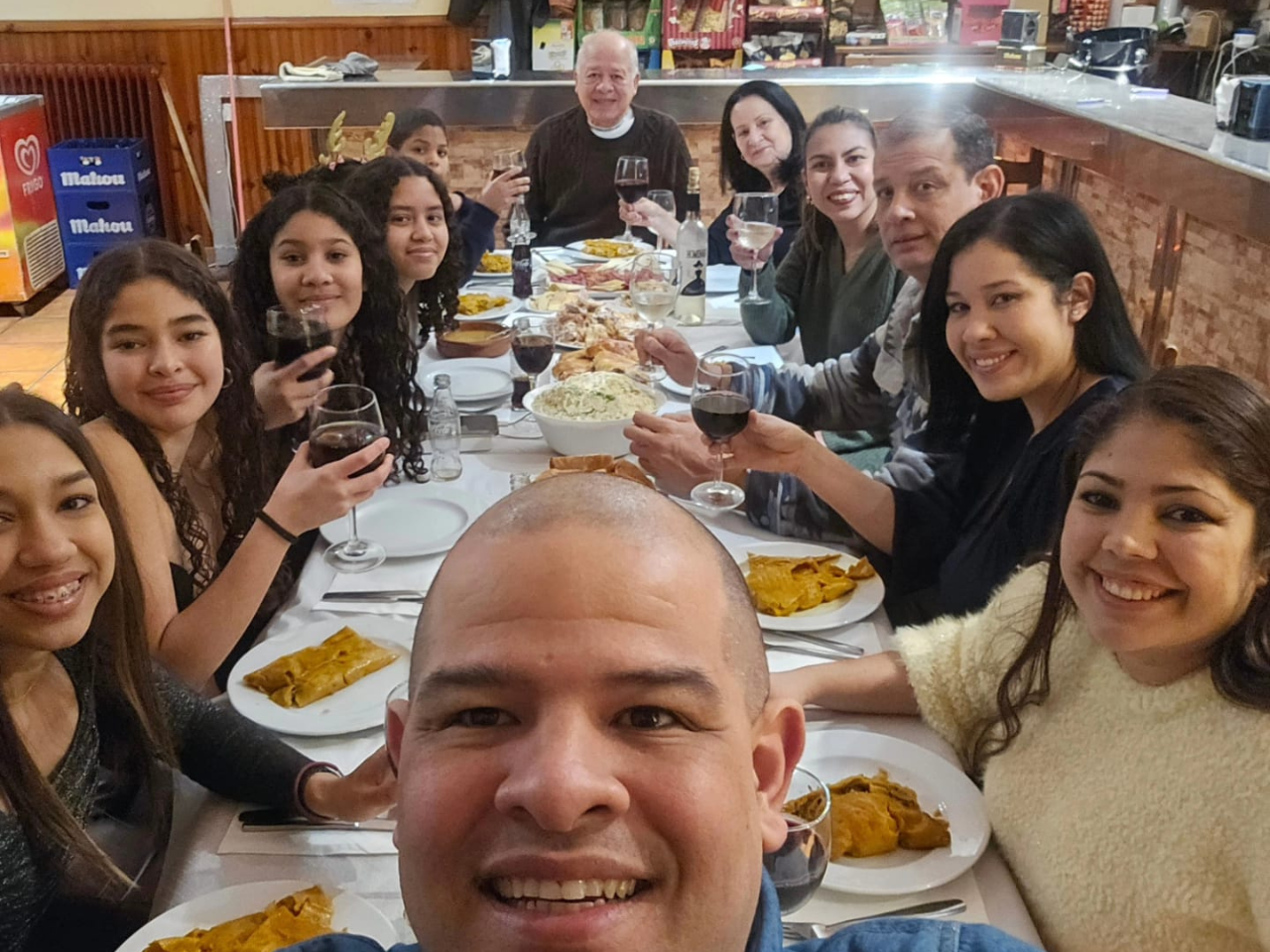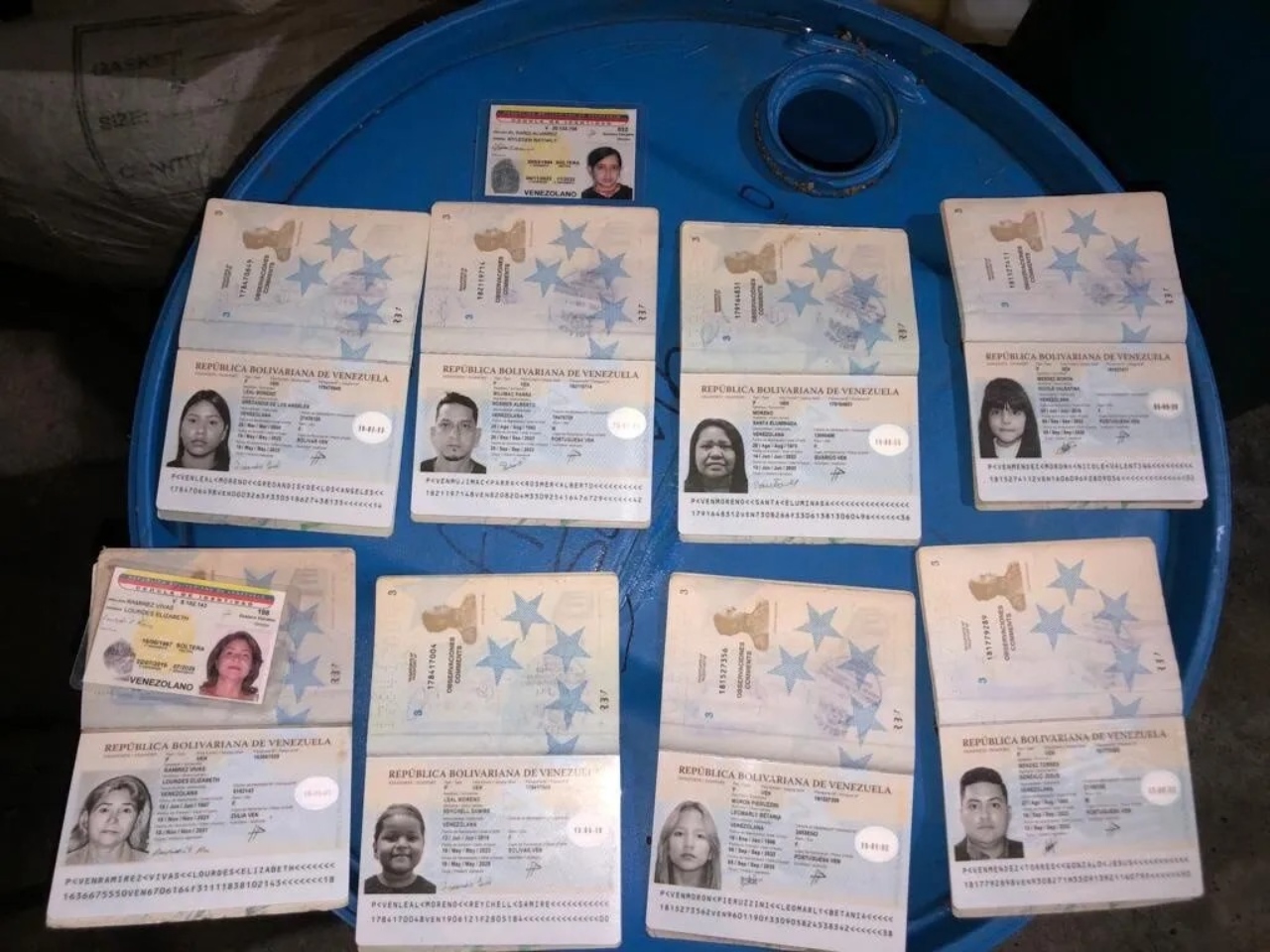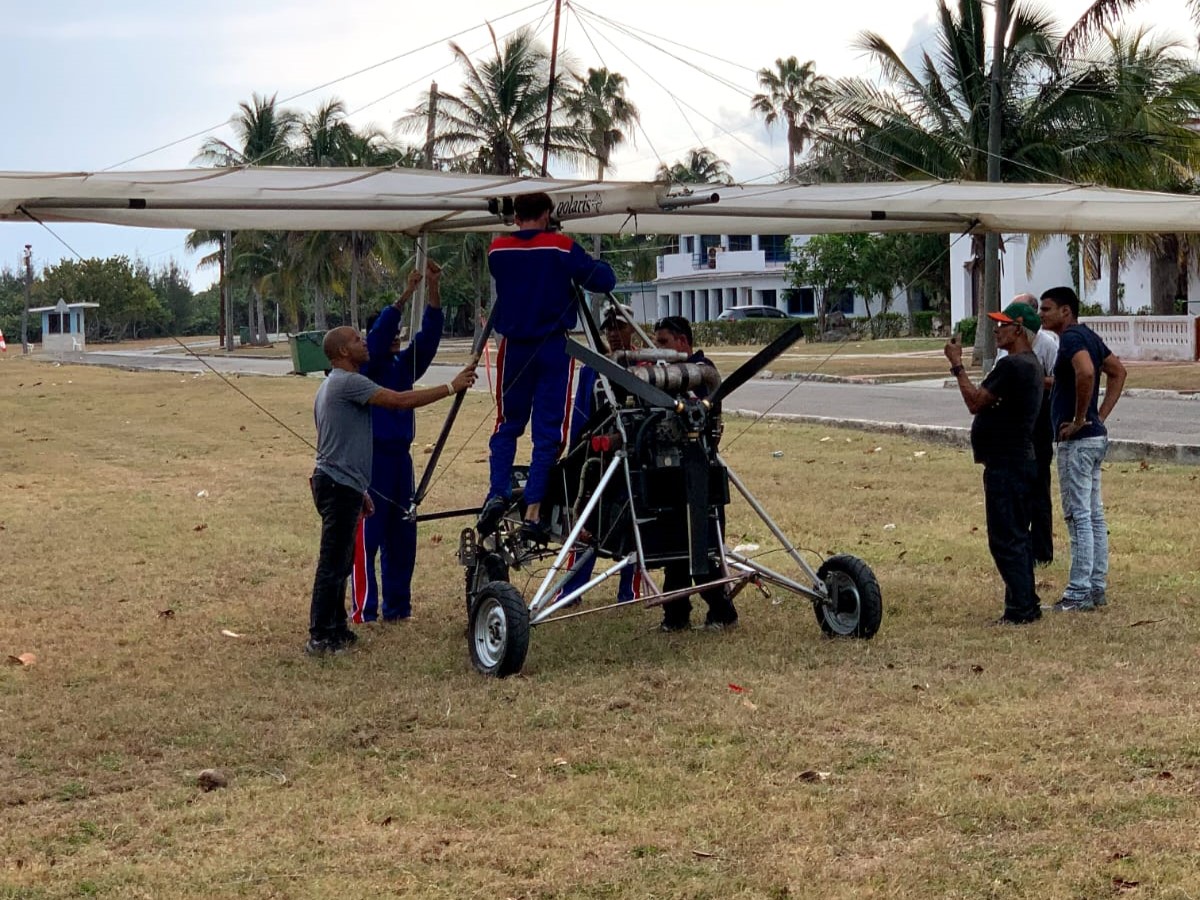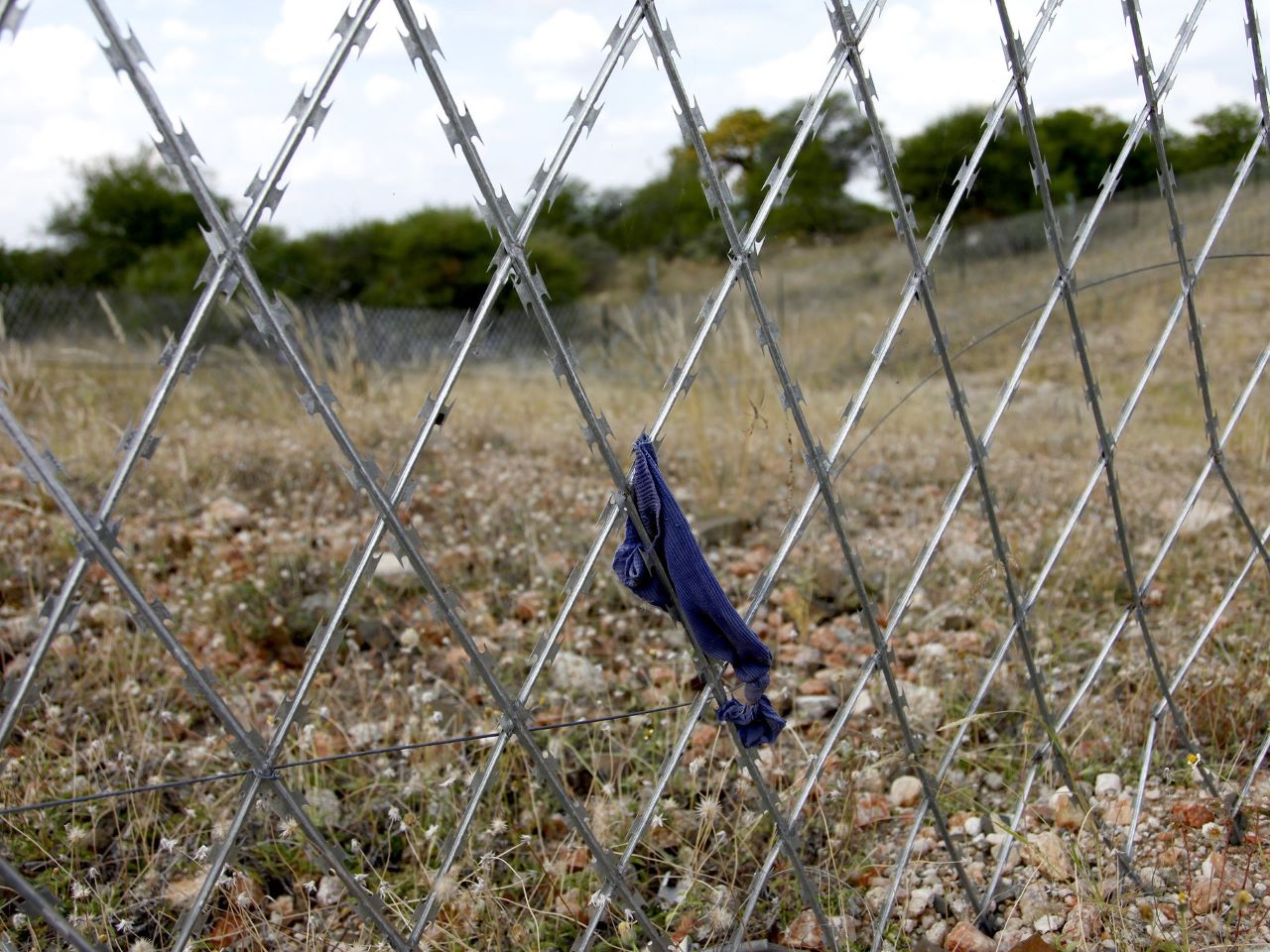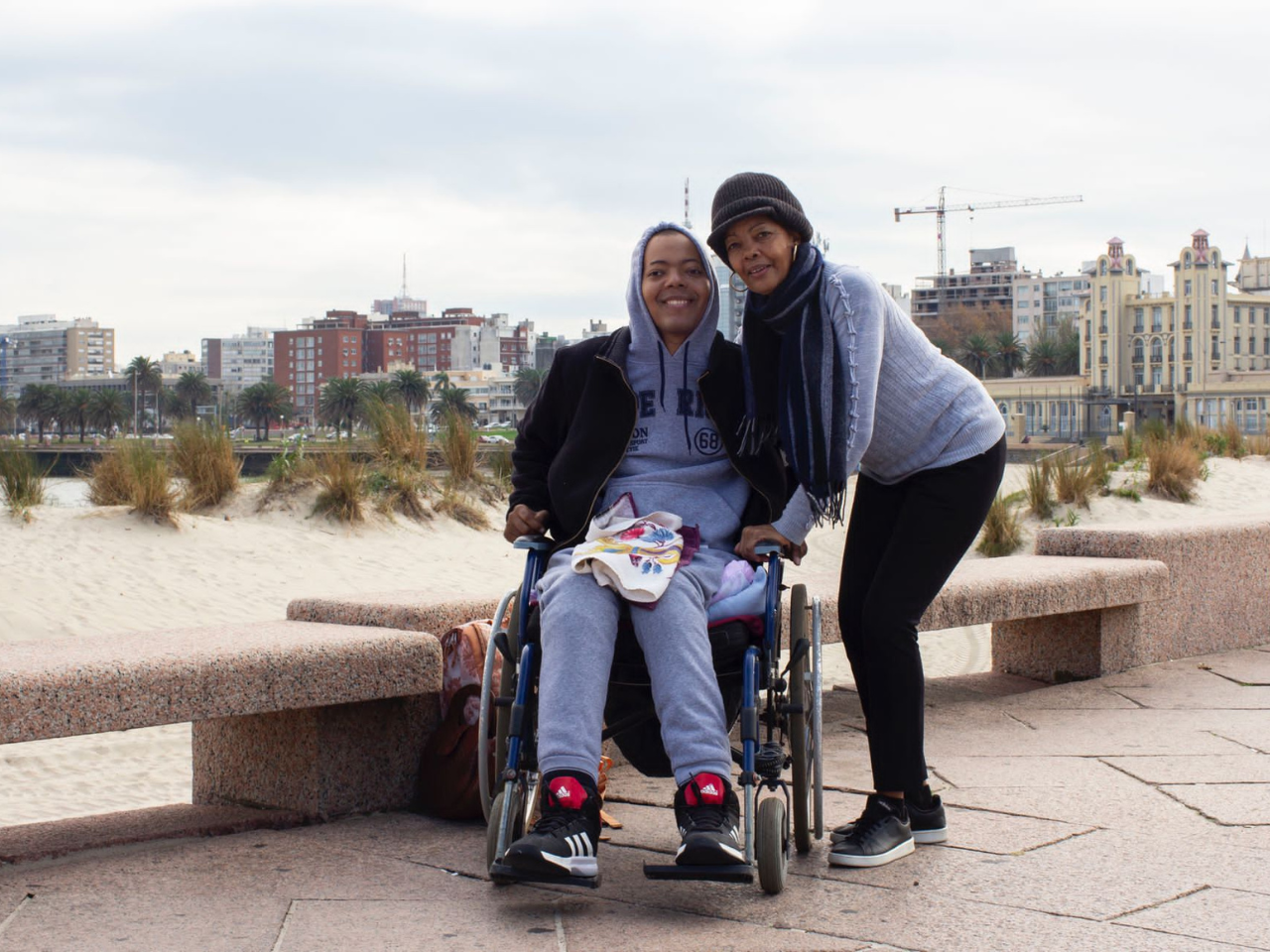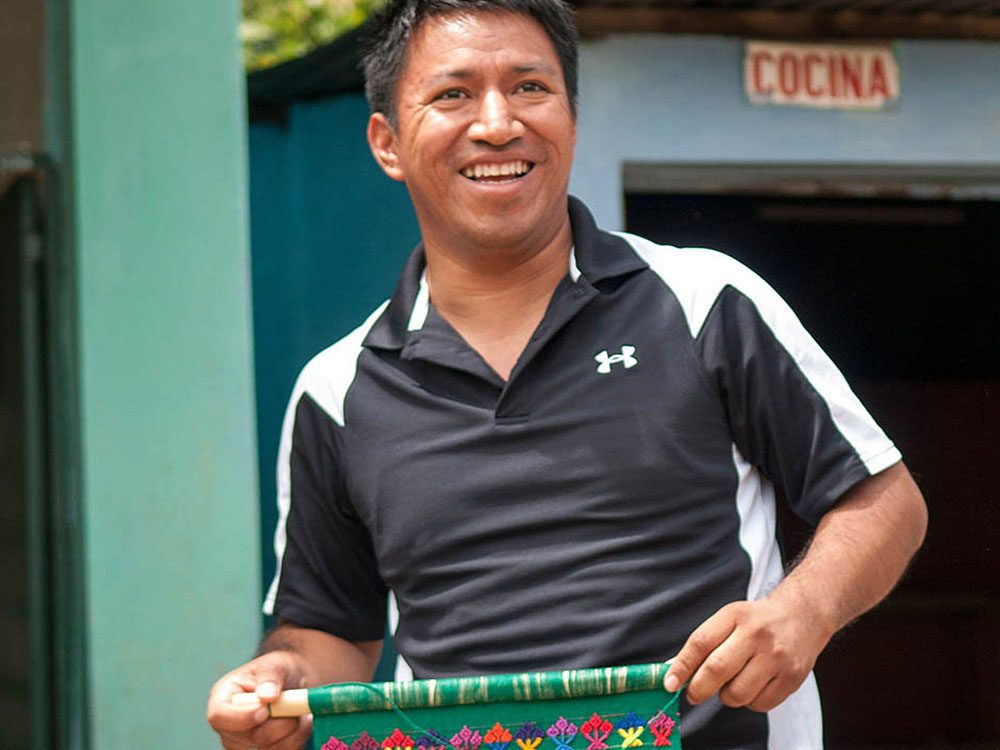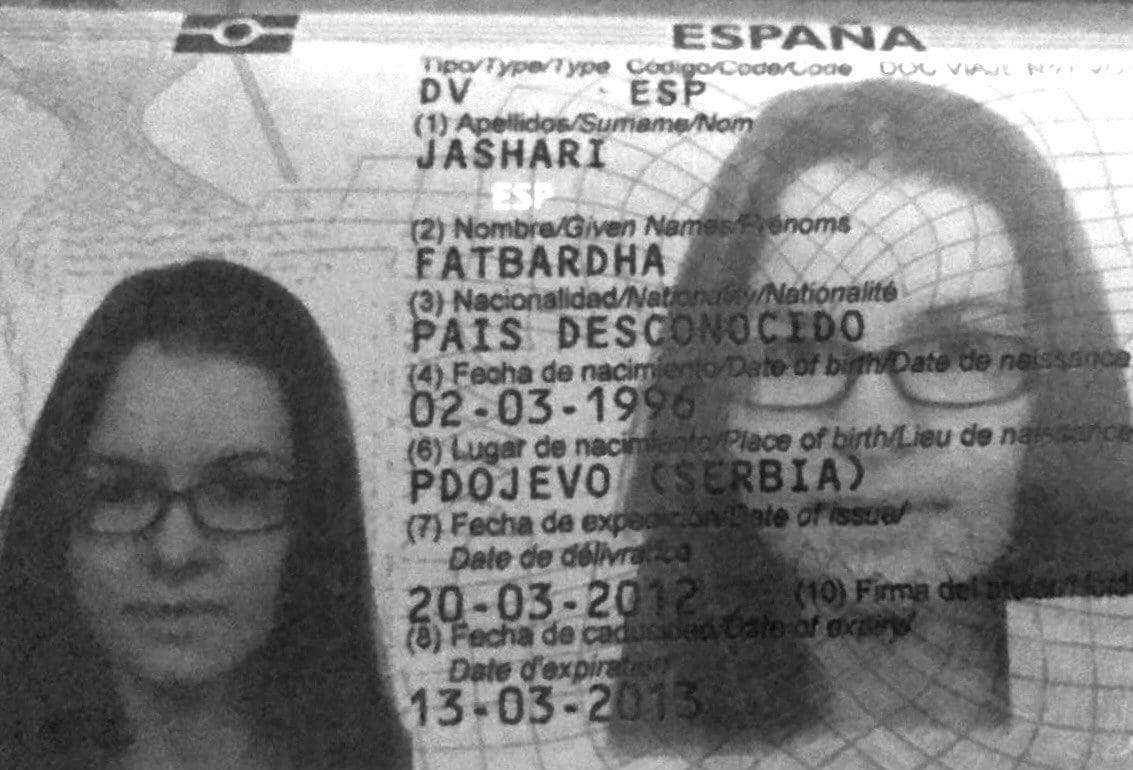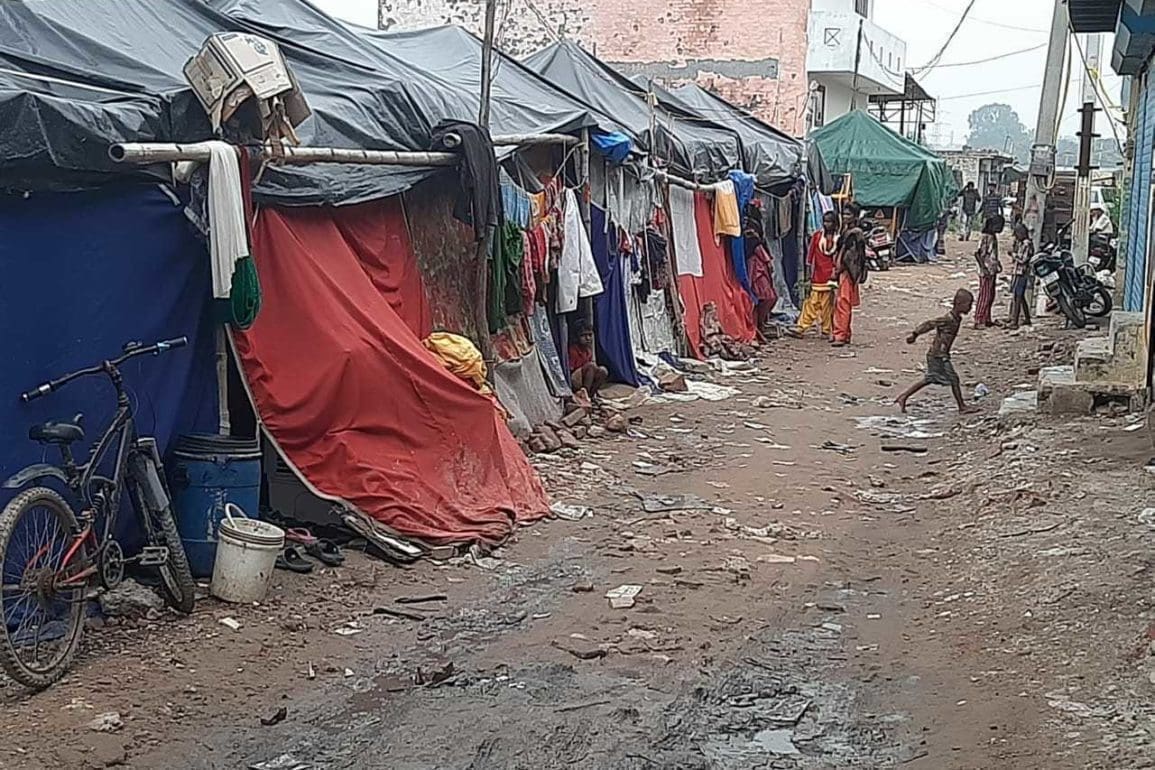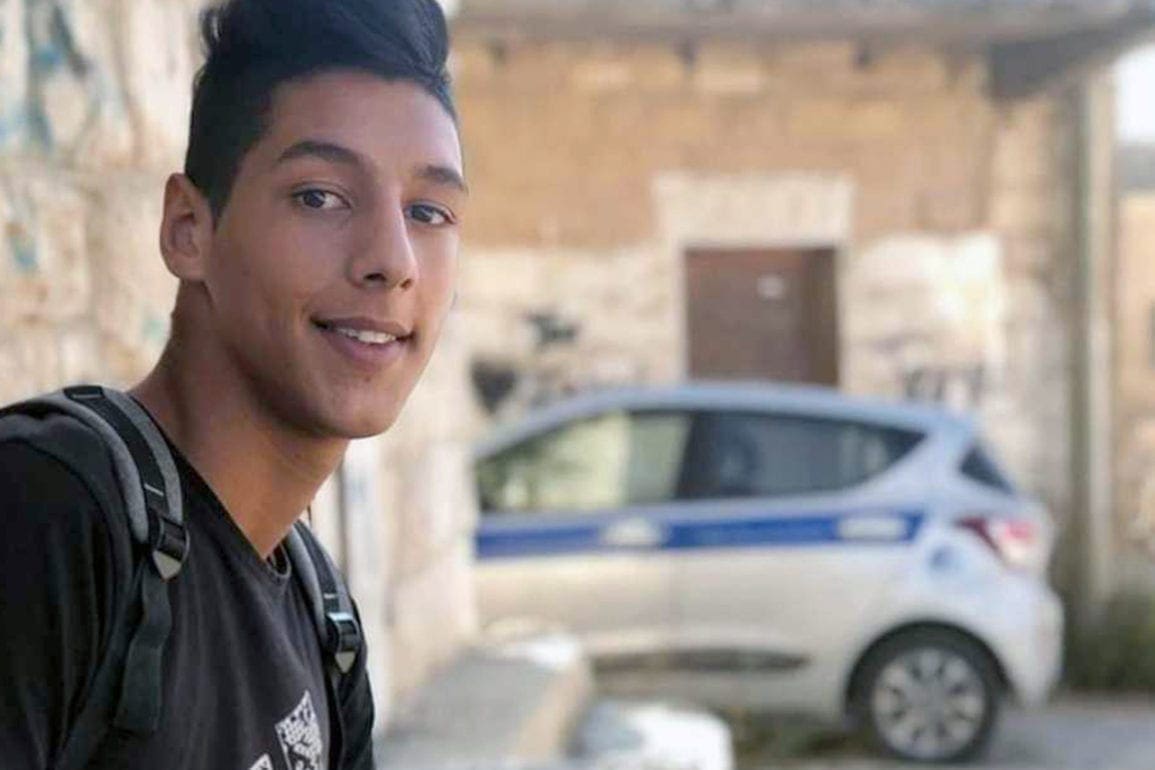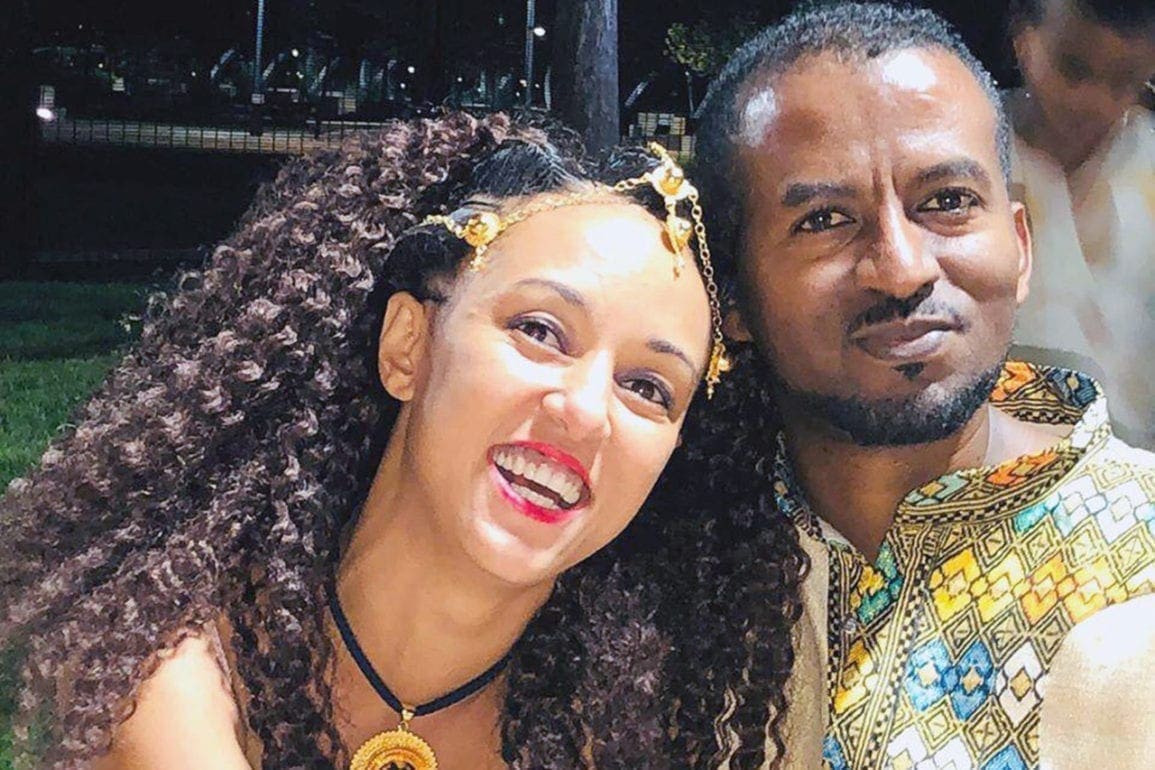Woman haunted by abandoned homes left behind by Venezuelan migrants
Respecting the privacy of those who lived there, my entrance feels like a religious act. I break that intimacy and their history becomes public. Questions arise and flow forward like a heartbeat. The objects whisper to me in secret, telling tales. The uncertainty of it all invites me to imagine what went on inside.
- 2 years ago
June 7, 2024
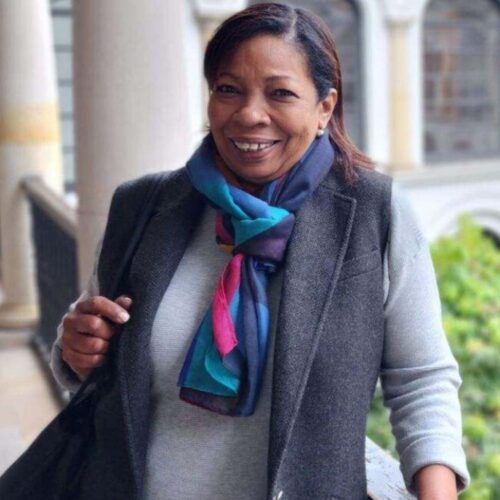
CARACAS, Venezuela ꟷ I make a living visiting the homes that my fellow Venezuelans leave behind when they flee the country. Those who leave often hope to one day return, but those hopes vanish when they see Venezuela continuing to deteriorate. It becomes impossible to build a life here. When my phone suddenly rings, I hear the voices of those who left. They accept their exile and call me to take care of the home they left behind – a past that must be dismantled.
Read more immigration stories from around the globe at Orato World Media.
As millions flee Venezuela, woman clears out abandoned homes
It all started for me in 2021. A friend fled Venezuela, leaving her home full of items. When she realized she was never coming back, she asked me to empty and sell it. When I went to her house, I cried the whole time. The objects and furniture inside felt like a map of her life. Every drawer and door I opened transported me through her memories. Those items represented everything she was and could be.
Stickers, postcards, and brochures of places she visited dotted the home. I gazed upon toys of all kinds and colors, inherited plates and glasses, and old cups. Uncertain where to start, I grabbed paper and a pencil and began to categorize things. The house slowly filled with gloom as I emptied it. I reduced her life to a few boxes and bags. Tears fell on the newspaper wrapping as I packaged away each item.
During that visit I realized many people experience the same situation as my friend. They leave their homes hoping to return only to be hit by reality later. As more than seven million people migrated out of Venezuela, word of mouth spread, giving rise to my venture Soluciono Por Ti (I Solve it for You). I empty houses and apartments for migrants and put their memories in order.
Every abandoned house tells the story of a life left behind
Entering an uninhabited house feels strange. The sound of turning the key in the lock echoes. I step in and emptiness embraces me. A shiver goes up my spine and I feel my skin crawl. The cold, sharp air circulates around me and with every step, I feel a patent demonstration of the absence of life. It feels as if the once animated objects go dormant the moment I turn the key, as if the song in a music box came to an end.
I find myself face to face with gloom in rooms full of mute objects. My presence greets them as if they were waiting for some sort of contact. As I wrap up glasses, I imagine them rubbing on someone’s lips or colliding in cheers at midnight on Christmas or New Year’s Eve. I imagine the sound of birthdays full of laughter, burning candles, and applause as I place each item inside a box.
As I close it, the story fades as another one appears. In drawers I find coins that shine in the sunlight and little teeth some child put under their pillow, awaiting the tooth fairy. Photos transport me to the past and tell stories of a life that once existed there. A record collection speaks to the person’s musical interests.
In the empty rooms, closed boxes containing Barbies and stuffed animals with the tags still on await children to play with them.
Migrants leave everything behind in anguish
As I enter the homes, I can almost smell the loneliness like a sour stench that consumes the atmosphere. Walking through the front door often leaves me speechless. I pull apart the curtains, open the windows, and watch as dust flies off the furniture, clinging to the rays of sunlight like suspended particles illuminating the air.
Respecting the privacy of those who lived there, my entrance feels like a religious act. I break that intimacy and their history becomes public. Questions arise and flow forward like a heartbeat. The objects whisper to me in secret, telling tales. The uncertainty of it all invites me to imagine what went on inside. I find a book with a marked page and read the sentence. Looking at a tablecloth I imagine family lunches on Sundays and endless dinner conversations.
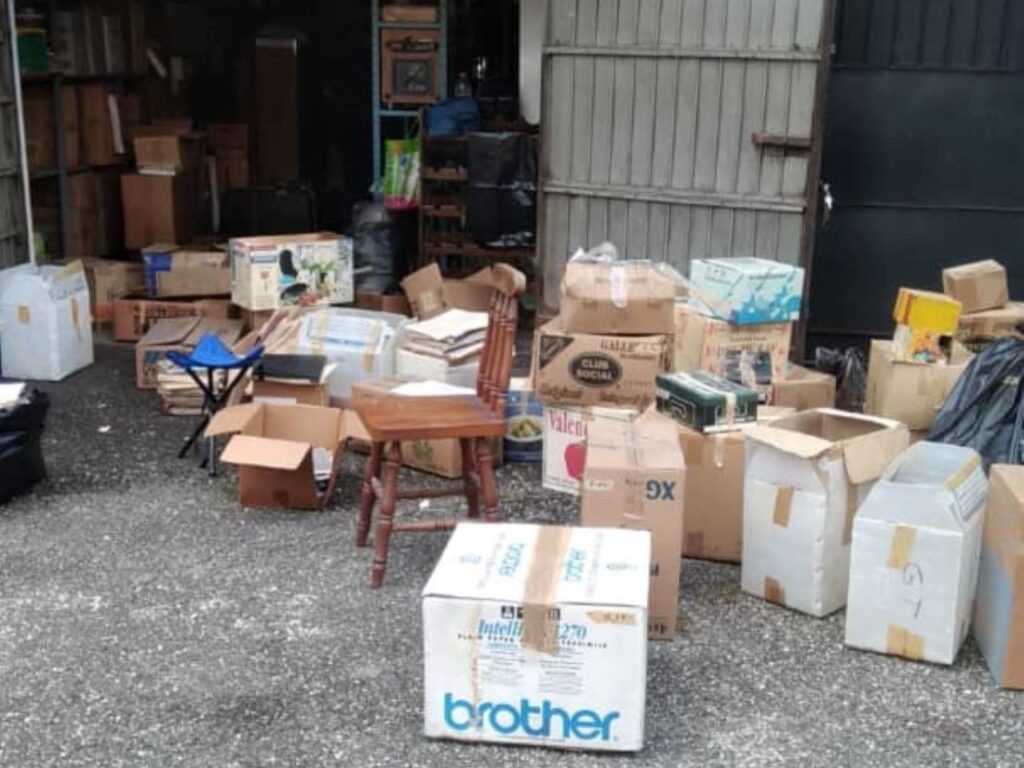
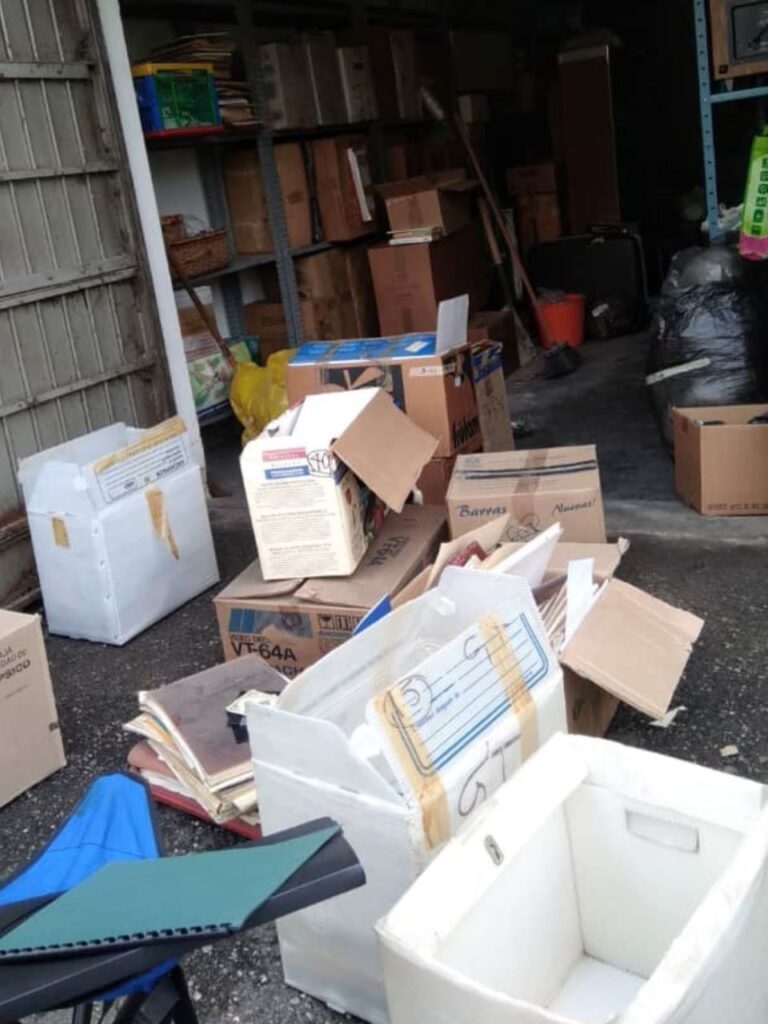
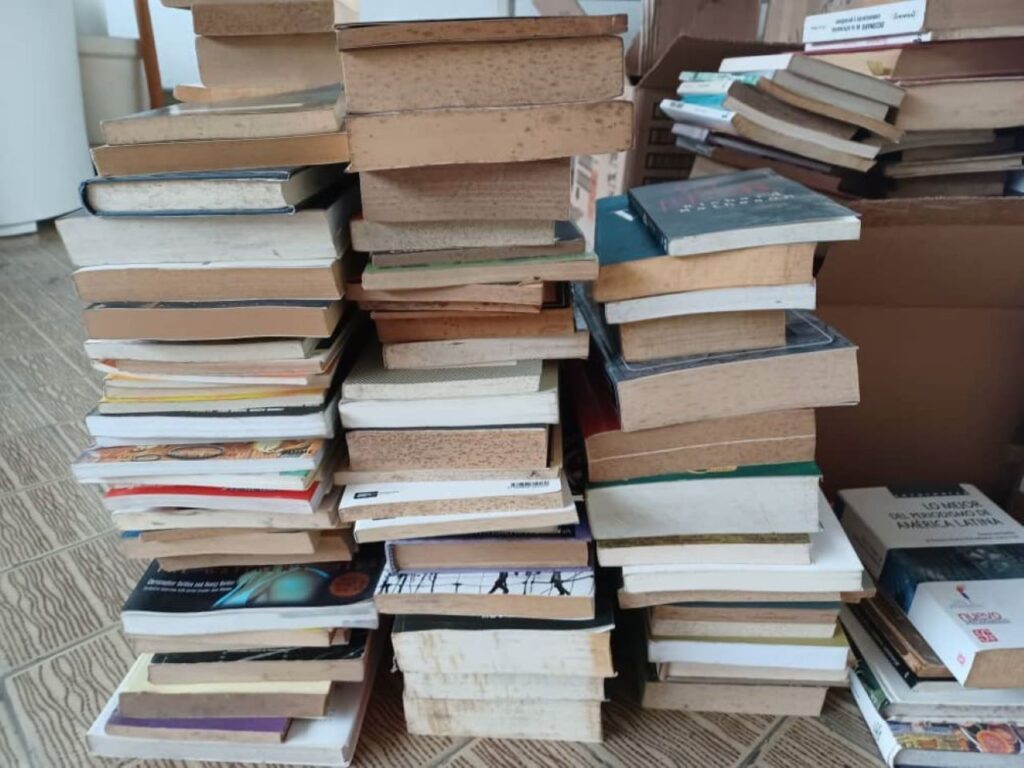
An overturned glass with a wine stain appears, putting life on pause. Everything inside remains immobile. It feels like swimming among fantasies in a sea of dead houses and my soul cracks a little each time. The emptiness of life always hits me hard as desolation spreads through my soul.
Sometimes, I see clients as they prepare to leave. The tears run down their faces as they carry suitcases and hand me the keys. Inevitably, they turn to look one last time, absorbing every sip of the life they lived in that place. My heart squeezes as I try to hold back my own tears as anguish consumes us.
Older couple abandons home of 45 years to flee Venezuela
One older couple stands out in my mind. Tears streamed down the husband’s face at the mere thought of leaving Venezuela behind. They spent 45 years together in that house. He held my hands and his voice cracked when he told me the story of leaving the church as a newlywed and carrying his young bride through the threshold of that very house.
The woman and I made our way around every corner of the house. As we entered one room, under a pile of things, she found a record. Her husband popped up and I heard the sound of the record player turning on. The record slowly fell into the try and then I heard the needle caressing its surface. A delicate melody flooded the atmosphere – El Reloj by Lucho Gatica.
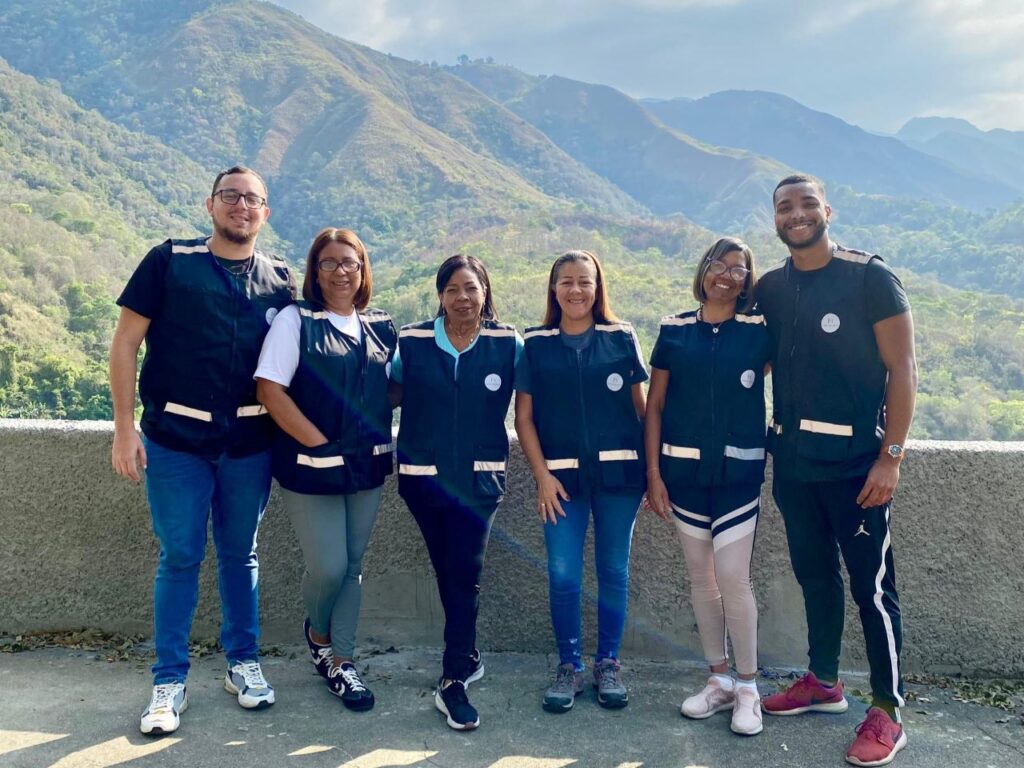
The man approached his wife who was resting on a chair. He took her hand and invited her to dance. They immersed themselves in the steps to the rhythm of the music. At the sight of these eternal lovers singing together, I could no longer contain myself.
On the day of their departure, we organized a farewell. When the time came to say goodbye, we hugged each other tightly. Without whispering any words, they left with their lives in two suitcases, crossing that threshold once again hand-in-hand, their tears freely flowing.
Every story I encounter as I clean out the homes of people who migrated out of Venezuela feels like a treasure. I put their past in boxes and bags in an act that goes beyond nostalgia. Dedicating myself to this work on behalf of migrants, I feel like a guardian of memories. No one can truly understand this if they have not lived it themselves. To leave a home behind due to involuntary displacement is to leave behind the presence of things that shaped an entire life.

